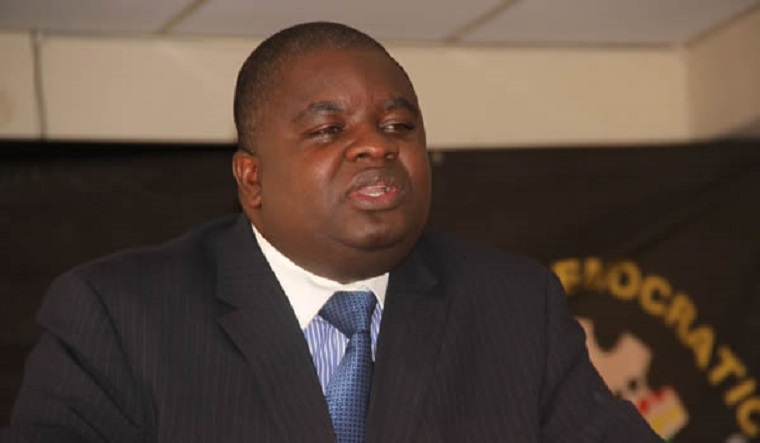Mr. Speaker Sir, in the transformation agenda, we need to leverage our natural resources to unlock new capital. What are we doing at the present moment? I will give you an example of platinum. What has happened Mr. Speaker Sir? Are you aware that Government has parceled all the platinum claims and concessions – [HON. BITI: To the Russians.] – These claims are not developed and they are being held on speculative basis instead of leveraging them to build our economy, to anchor our debt and so on. We are just sitting on idle resources instead of using those resources to borrow and entering into what we call forward contracts or securitisation of our natural resources. That is one way of raising revenue and they have done that in Angola. Look at where Angola is now? Uganda has just done that and they have also done the same in Ghana. They have securitised their natural resources such as your gold, copper, chrome, diamonds and so forth.
These are transformational issues which have got a long term bearing on the development of the country. Mr. Speaker Sir, the vision of an upper middle class by 2030 is very hard to achieve considering where we are especially if we continue to pursue the stabilisation policy path and politics. We need to pursue growth politics, development politics and transformational politics.
I now come to the Monetary Policy Statement which was unveiled. The Monetary Policy Statement did two things. It created nostro-foreign currency accounts and real time gross settlement (RTGS) foreign currency accounts (FCAs) and said they were at parity one as to one. Mr. Speaker Sir, we have problems with the nostro-accounts because we are not sure whether importers will get this money on demand. In the past, FCA accounts have been raided and people woke up having Zimbabwean Dollar balances. Therefore, people are not sure and they may not have confidence about these nostro FCAs.
The other problem is that, there is a US$500 million facility from the African Export and Import Bank which should be an anchor or a guarantee fund for those nostro accounts. There is however one problem there; we have not seen the term sheet of the US$500 million that was borrowed from the Africa Export Import Bank if it was borrowed. We do not know where that money is. The second thing is that, it is too little too late. The arrears on FCA nostro applications amount to US$6 billion, that is the queue and quantum of people waiting for foreign currency to import something or to make foreign payments. When you tell us that you have got US$500 from the African Export and Import Bank, it is chicken change and a drop in the ocean. It will not help and Mr. Speaker Sir, that is why we have got problems with the FCAs. The other problem is that, what RTGS FCAs? These are our normal transactional accounts and we have just given them the name RTGS FCAs because we are a dollarised economy but those are the normal accounts that we have always been using.
I have already talked about the 2% retrogressive tax and I will not belabor on that. I have also talked about the surrogate currency which is the bond-note and the reason why it is not performing any useful purpose apart from distorting the market. What is happening is that you have got some importers who are getting foreign currency from the Reserve Bank of Zimbabwe nostro accounts at US$1:1 bond note. Others who are not connected and unlucky are getting the same foreign currency at US$1: 380 bond notes. It does not make sense and there is that differentiation which is not healthy. Mr. Speaker Sir, if we have a shortage of foreign currency in this country, why do we buy gold in foreign currenc?. We need to export that inorder to get the foreign currency but we are using the same foreign currency to buy gold locally. The people who now have foreign currency in the pockets are makorokoza or what we call the artisanal miners. They have got the cash and who are the barons behind these artisanal miners? So, as of the alternative monetary policy, I will just summarise our alternative monetary policy; let us decommission the bond note, let us adopt pricing of good in rands, let us address the liquidity crisis in all dimensions from the point of view of foreign currency and from the point of view of the domestic currency for transacting.
Continued next page
(660 VIEWS)


